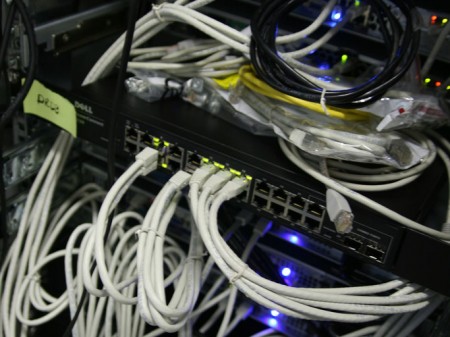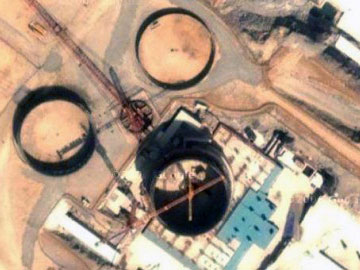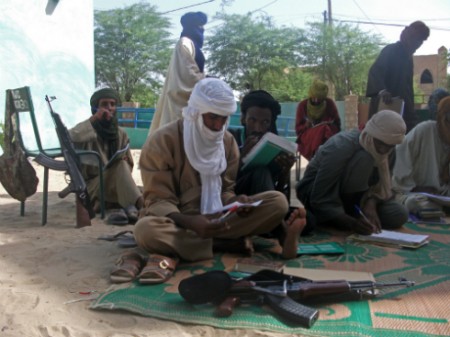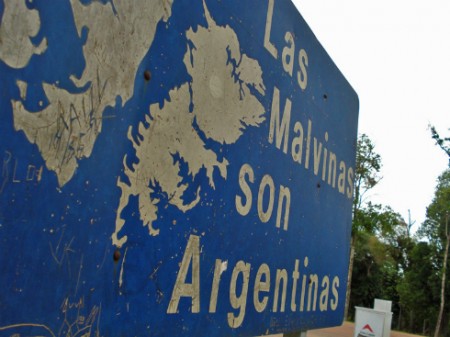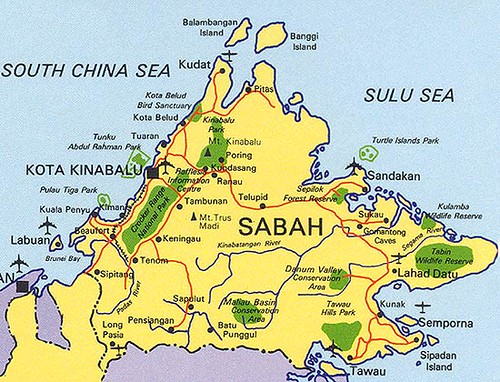
Despite playing second string to the South China Sea disputes in recent years, the state of Sabah (also known as North Borneo) has long been a major irritant in bilateral relations between the Philippines and Malaysia. However, a lasting resolution of this longstanding issue would help cement bilateral ties between the two countries, enhance maritime security and help regulate seaborne trade. Finally, a resolution may help determine the fate of thousands of Filipino refugees, migrants and their descendants in Sabah, many of whom remain stateless to this day.

